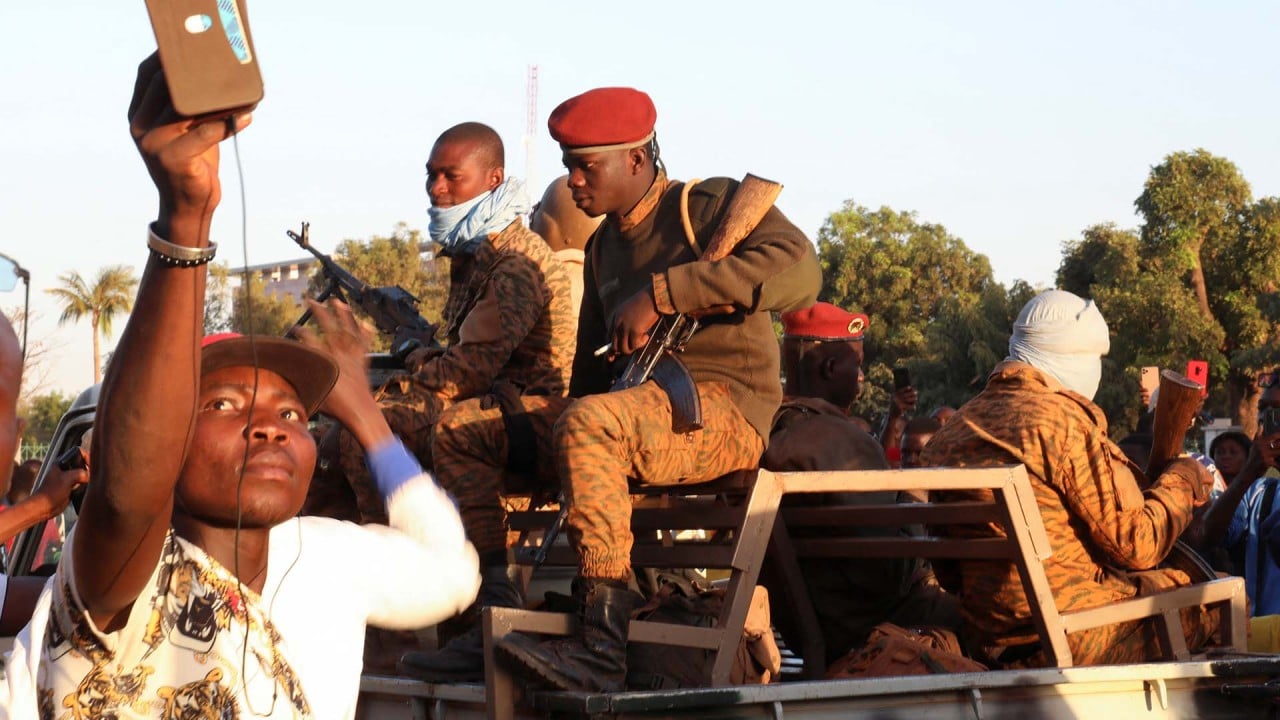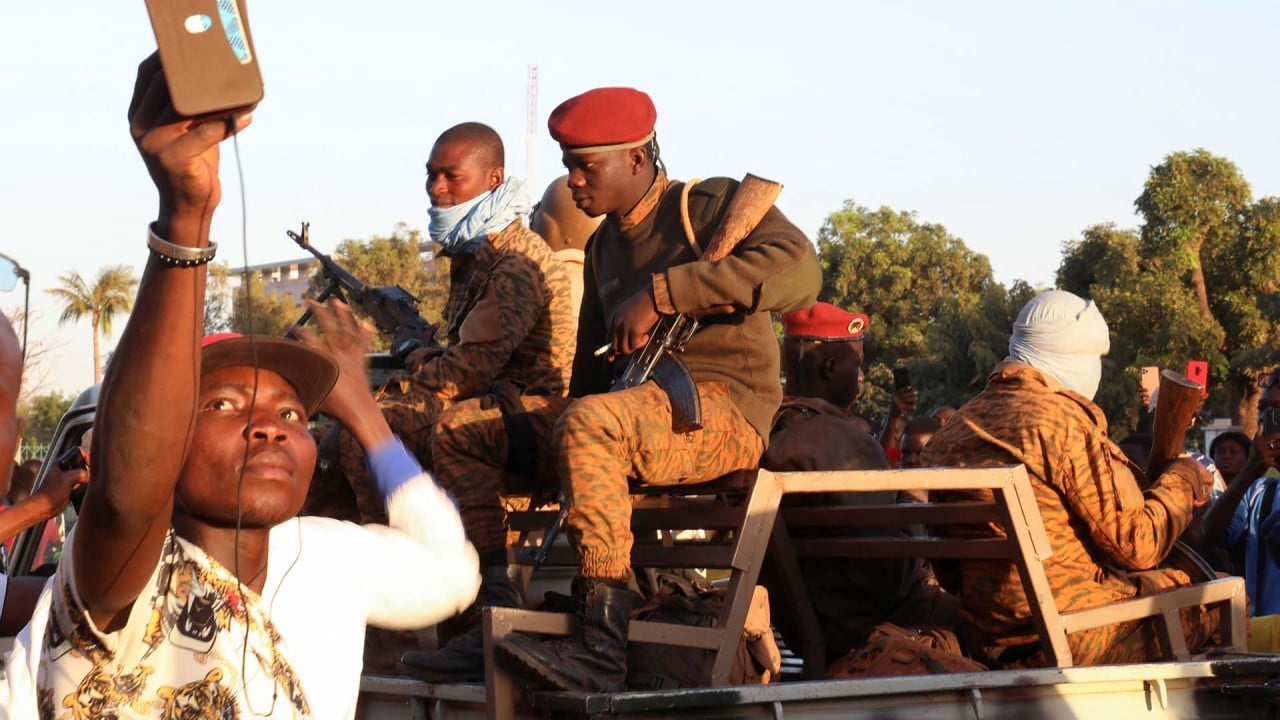Denmark said on Monday it was shutting its embassies in Mali and Burkina Faso as part of its new Africa strategy, as military coups have “severely limited the scope for action in the Sahel region”.
Denmark said it would open embassies in Senegal, Tunisia and Rwanda, and bolster diplomatic staff at its embassies in Egypt, Kenya, South Africa, Nigeria and Ghana.
Following the closures in Bamako and Ouagadougou, a special representative will be appointed for the African Great Lakes and Sahel region, it said.
Mali and Burkina Faso have turned to Russia and its Wagner mercenary group for support since military leaders seized power in 2020 and 2022 respectively.
We must demonstrate that we offer an attractive alternative to the increasing Chinese and Russian influence on the continent
Mali’s relations with European countries have deteriorated recently.
Earlier this month, its military junta ordered the Swedish ambassador to the leave the country after a Swedish minister criticised Malian support for Russia.
Danish Foreign Minister Lars Lokke Rasmussen said his country’s reorganisation of priorities in Africa came as Denmark and the European Union aimed to be Africa’s “preferred partner” as the continent faces whether to “orient itself more towards the East or the West”.
“We have a clear interest in the African countries looking towards us in Europe as they chart the course for their future,” he said.
“We must demonstrate that we offer an attractive alternative to the increasing Chinese and Russian influence on the continent,” he added.
The new Danish strategy will focus heavily on increasing trade and on water initiatives.
In the coming years, Denmark plans to provide one billion kroner (US$150 million) in development aid to new bilateral water initiatives in Africa, and 425 million kroner in 2025 alone.

Meanwhile, at least 100 villagers and soldiers were killed in central Burkina Faso during a weekend attack on a village by al-Qaeda-linked jihadis, according to videos of the violence analysed by a regional specialist, who’s described the assault as one of the deadliest this year in the conflict-battered West African nation.
Villagers in the Barsalogho commune which is 80km (50 miles) from the capital city were helping security forces dig up trenches to protect security outposts and villages on Saturday when fighters with the al-Qaeda-linked JNIM group invaded the area and opened fire on them, said Wassim Nasr, a Sahel specialist and senior research fellow at the Soufan Centre security think tank.
Al-Qaeda claimed responsibility for the attack on Sunday, saying in a statement that it gained “total control over a militia position” in Barsalogho in Kaya, a strategic town where security forces have used to fight off jihadis that have over the years tried to close in on the capital, Ouagadougou.
At least 100 bodies were counted in videos of the attack, Nasr said. Associated Press could not independently verify the count but reviewed videos that appeared to be from the scene, showing bodies piled beside the trenches and shovels amid gunshots.
Burkina Faso’s security minister Mahamadou Sana said in a state television broadcast on Sunday that the government responded to the attack with support from the ground and air.
Among those killed were soldiers and civilians, the minister said, without stating the exact number of casualties.
“We are not going to accept such barbarity on the territory,” Sana said. He said the government has directed medical and humanitarian help to all those affected and that authorities are committed to protecting lives.
About half of Burkina Faso is outside government control as the country has been ravaged by growing jihadi attacks encircling the capital.
The jihadis linked to al-Qaeda and Islamic State have killed thousands and displaced more than 2 million people in one of the world’s most neglected crises.
The violence contributed to two coups in 2022. Still, the military junta that promised to end the attacks has struggled to do so, even after seeking new security partnerships with Russia and other junta-led, conflict-hit countries in Africa’s Sahel region.

Burkina Faso’s junta leader Captain Ibrahim Traore – who activists say was drafting critics to join the army as punishment – has also been requesting civilians to assist the military in security efforts. A civilian task force, Volunteers for the Defence of the Fatherland (VDP), is already working closely with the military.
The trenches being dug in the Barsalogho commune are among the several that authorities urged civilians to help create in areas the jihadis are seeking control of.
The jihadis are becoming more successful because of a lack of efficient air cover and intelligence by security forces.
They are also active because of ineffective control of areas bordering Mali and Niger, the two countries also struggling with violent attacks, according to Nasr. Human rights abuses committed by the country’s security forces and VDP have also led more people to join the jihadis, he said.
Additional reporting by Associated Press



